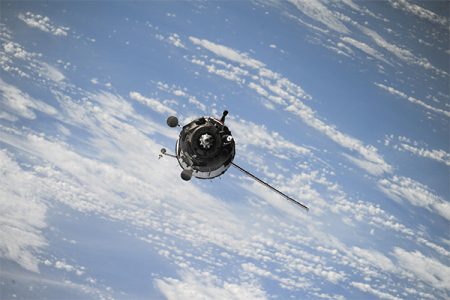Frequent launching of communications satellites by public and private space agencies is expected to propel the market growth.
 The global satellite payload market size is projected to reach $15.34bn by 2027, exhibiting a CAGR of 7.49% during the forecast period, according to Fortune Business Insights.
The global satellite payload market size is projected to reach $15.34bn by 2027, exhibiting a CAGR of 7.49% during the forecast period, according to Fortune Business Insights.
Frequent launching of communications satellites by public and private space agencies is expected to propel the market growth.
Interest in developing and launching satellites for communication purposes is growing around the world and some space agencies are creating a niche domain for themselves in this market through regular launches.
For example, France-based Arianespaces Ariane 5 Rocket lifted and deployed European satellite operator Eutelsats Eutelsat Konnect and the Indian Space Research Organisations (ISRO) GSAT-30 in geosynchronous orbit January 2020.
Similarly, in June 2020, SpaceX lifted a group of 58 Starlink internet satellite payloads and three small earth-observation satellites into orbit. According to the report, the market value stood at $14.44bn in 2019.
The outbreak of the Covid-19 pandemic is likely to have a marginal impact on the satellite payload market growth. The effects of the pandemic on the market will be mainly seen in the form of delayed launch plans, with the market growth slated to pick up the pace once again by the end of 2021.
North America, with market size of $7.52bn in 2019, is well-positioned to lead the satellite payload market share during the forecast period. The single biggest reason for the regions dominance is the well-funded space program in the US, helmed NASA.
In addition to NASA, many private manufacturers in the region have also entered the space industry, spearheading satellite payload engineering and production.
In the Asia Pacific, the market is expected to be driven by the aggressive expansion of space activities by Indias ISRO and Chinas National Space Administration in telecommunications and earth-observation satellites. Strengthening of space operations by the European Space Agency (ESA) will augment the market in Europe.





































































